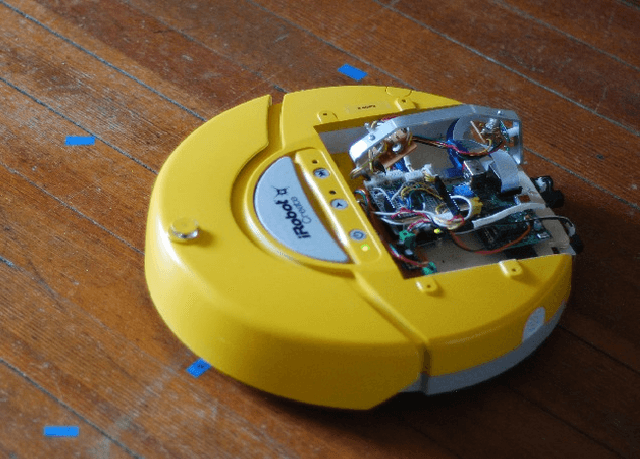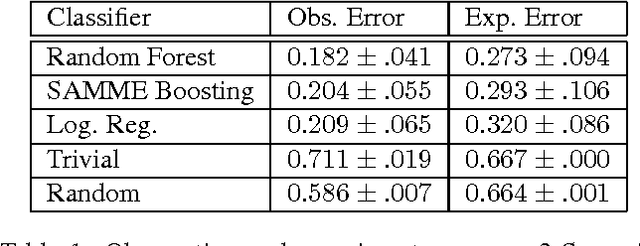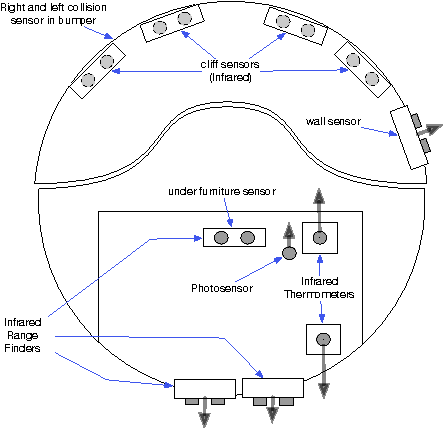Designing a minimalist socially aware robotic agent for the home
Paper and Code
Jun 26, 2014



We present a minimalist social robot that relies on long timeseries of low resolution data such as mechanical vibration, temperature, lighting, sounds and collisions. Our goal is to develop an experimental system for growing socially situated robotic agents whose behavioral repertoire is subsumed by the social order of the space. To get there we are designing robots that use their simple sensors and motion feedback routines to recognize different classes of human activity and then associate to each class a range of appropriate behaviors. We use the Katie Family of robots, built on the iRobot Create platform, an Arduino Uno, and a Raspberry Pi. We describe its sensor abilities and exploratory tests that allow us to develop hypotheses about what objects (sensor data) correspond to something known and observable by a human subject. We use machine learning methods to classify three social scenarios from over a hundred experiments, demonstrating that it is possible to detect social situations with high accuracy, using the low-resolution sensors from our minimalist robot.
 Add to Chrome
Add to Chrome Add to Firefox
Add to Firefox Add to Edge
Add to Edge